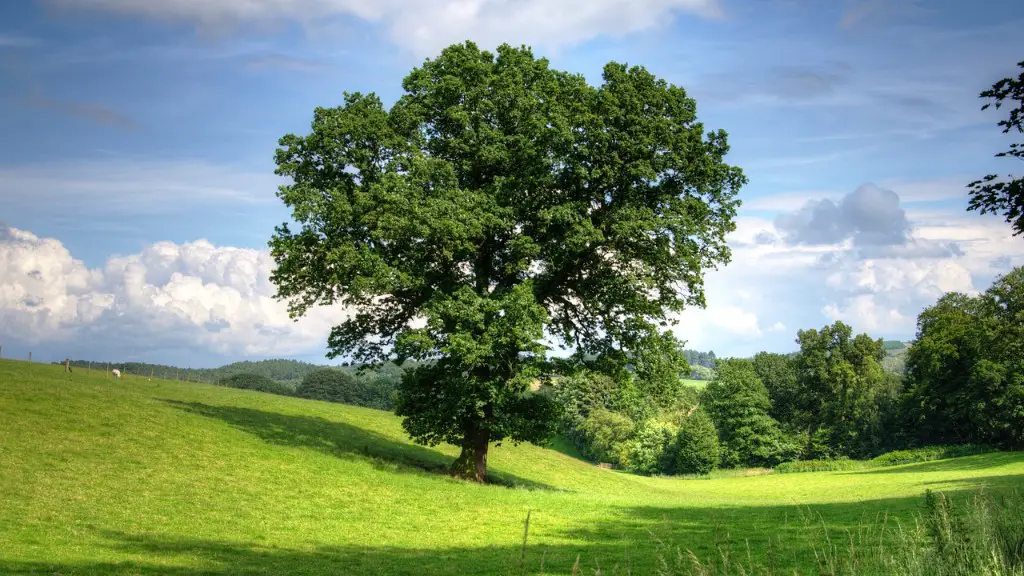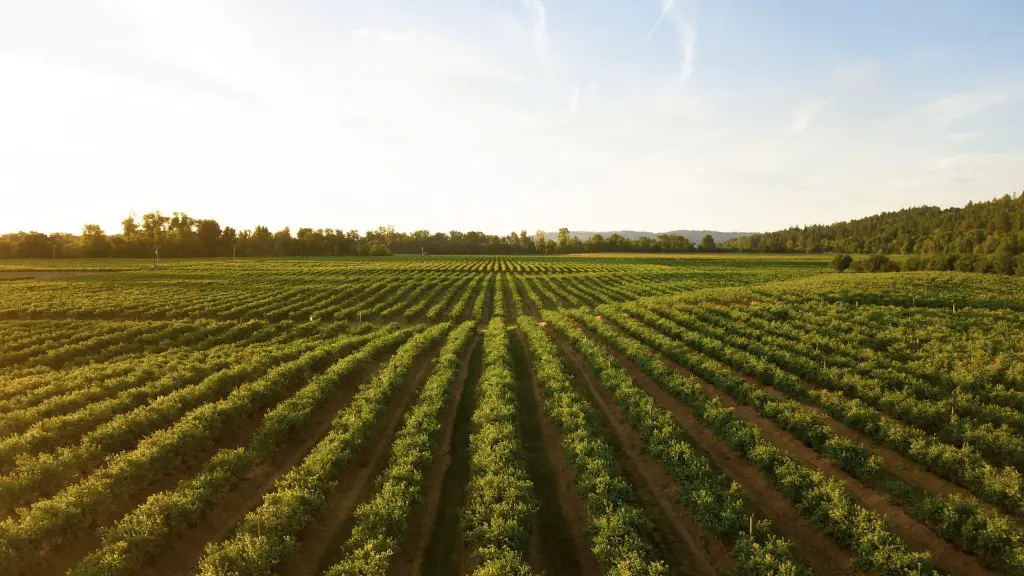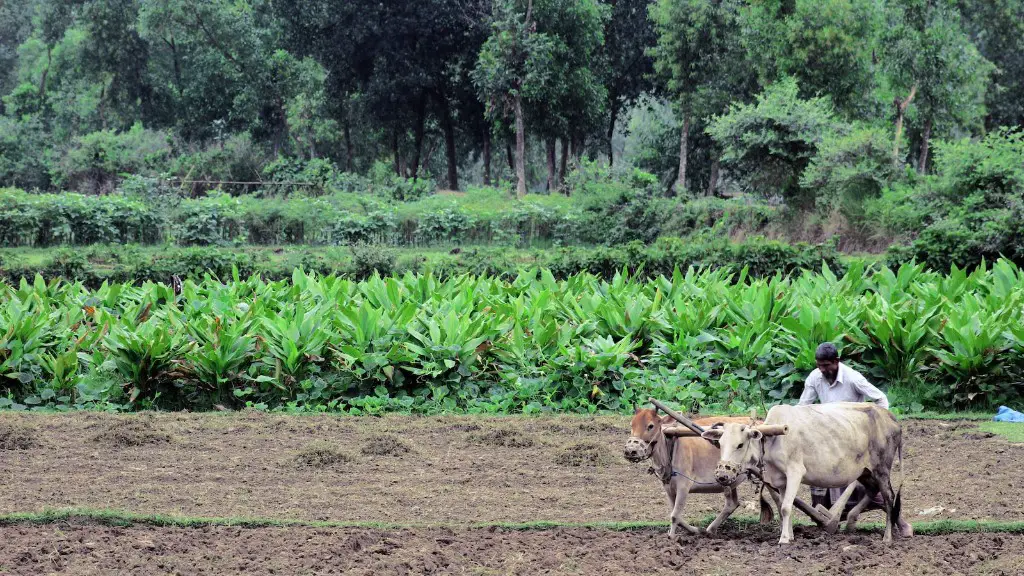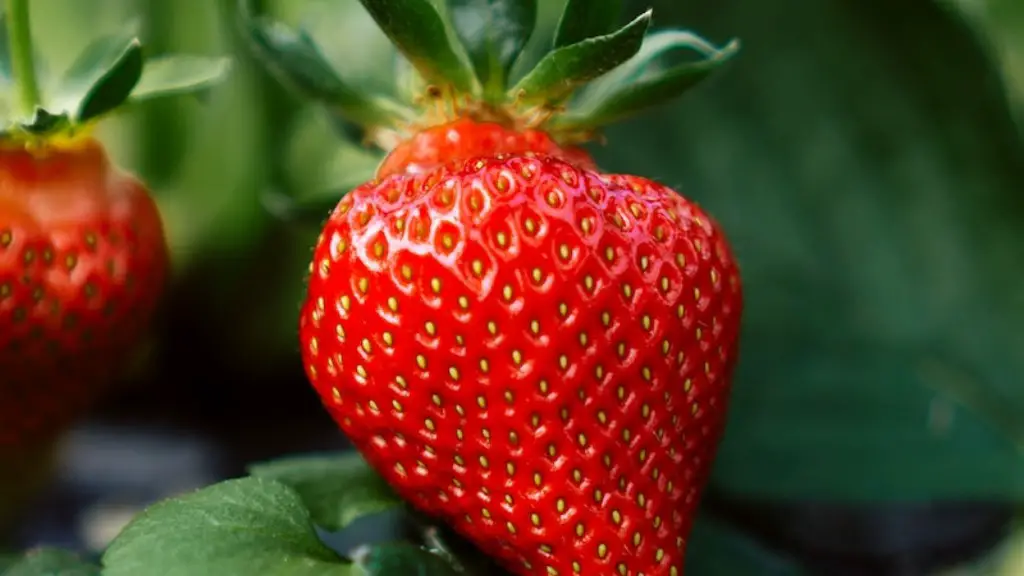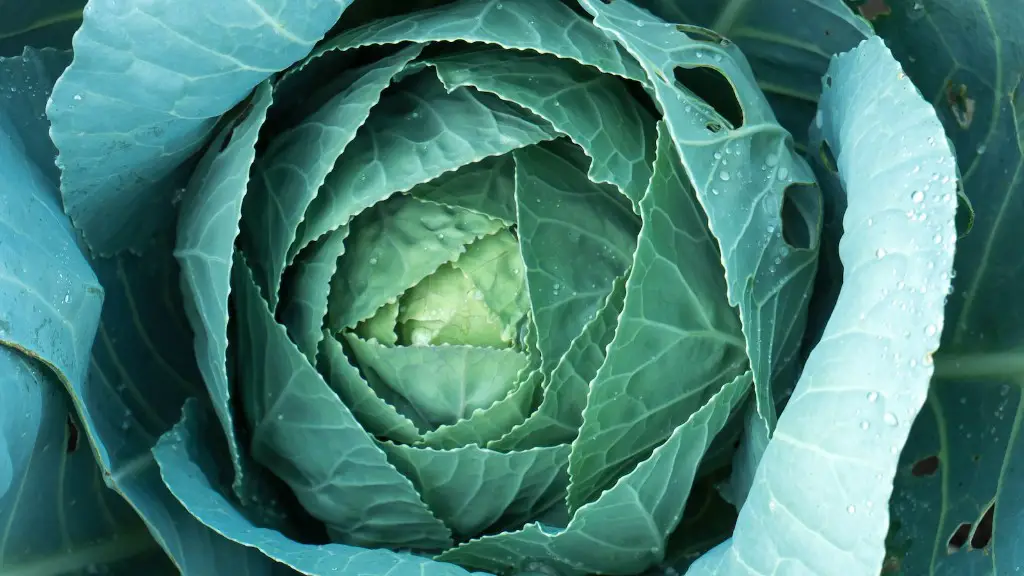Fertilizer plays an essential role in agriculture. It is a key ingredient in helping crops grow, and contributes to the overall health and productivity of the plant. Fertilizer provides nutrients that are essential for plant growth, including nitrogen, phosphorus, and potassium. Without these nutrients, plants would not be able to photosynthesize, produce food, or grow to their full potential. In addition, fertilizer helps to improve the structure of soils, making them more aerated and able to hold more water. This is especially important in drought-prone areas, where the soil may be dry and compacted.
Fertilizer is important for agriculture because it provides essential nutrients to crops that otherwise may be lacking in the soil. It can also help to improve crop yields and quality, which can be beneficial for farmers.
What is the importance of fertilizer?
Fertilizers play an important role in ensuring that crops are healthy and yield is increased. By supplying the right balance of nutrients to the soil, fertilizers help to ensure that plants are able to grow and thrive. Without fertilizers, the soil would be depleted and it would be much more difficult to grow crops. Fertilizers help to ensure that the soil is able to provide the necessary nutrients for plants to grow and thrive.
Fertilisers play an important role in agriculture as they help to increase crop productivity. Farmers use fertilisers daily to provide plants with essential nutrients, including nitrogen, potassium, and phosphorus, which helps to improve yields. By using fertilisers, farmers are able to produce higher yields, which can improve their livelihoods and provide food for the community.
What is the most important thing in fertilizer
Nitrogen is considered to be the most important nutrient for plants. It is essential for plant health and development, and plants absorb more nitrogen than any other element. Nitrogen is also essential for making sure plants are nutritious to eat after they’re harvested.
Fertilizers are an important tool that can help farmers increase crop yields. This not only offers important benefits for farmer incomes and food security, but also produces environmental benefits by reducing our demands for farmland. Many countries would benefit from using more fertilizer.
Which fertilizer is good for farming?
A ration 1-1-1 fertiliser is a great option for providing nutrients to plants for optimal growth. The main nutrients that plants require are nitrogen, phosphorus, and potassium, so a fertiliser with a 15:15:15 or 20:20:20 NPK ratio will offer a good amount of each of these nutrients.
Fertilizer is essential for replacing the nutrients we take from the soil when we harvest a crop. If we don’t replace the nutrients, the soil slowly gets mined to exhaustion, which can lead to decreased crop yields.
Can farmers grow crops without fertilizer?
Plants do not require fertilizer in order to grow. Instead, they create their own food through a process known as photosynthesis. Fertilizer only provides additional nutrients to the soil for healthy plant growth.
As we all know, plants need nitrogen in order to grow. However, what many people don’t realize is that scientists have been able to grow plants without the use of fertilizers. This is because plants are able to create their own food through a process called photosynthesis. While fertilizers may provide plants with an extra boost of growth, it is not necessary for their survival.
What are the advantages and disadvantages of fertilizer
Fertilizers can be extremely beneficial to plants, as they are able to provide nutrients that the plants may be lacking. However, it is important to be aware of the potential disadvantages of fertilizers as well, as they can also be harmful to plants if used improperly.
There are a variety of terms used to describe sustainable farming practices, but essentially they all refer to methods of production that aim to protect and improve the natural environment. Farmers in California and the Midwest often refer to these practices as ”sustainable,” while the Department of Agriculture calls the system ”low-input” farming. Many farmers in the Northeast and Northwestcall the practices ”organic.”
Why are governments banning fertilizer?
The federal government is looking to reduce emissions from the use of fertilizer on fields, as well as any runoff. This is a change from their focus on reducing emissions intensity, or the amount of emissions produced per unit. This shift could have a big impact on the agricultural industry, and farmers will need to change the way they operate to reduce their emissions.
Fertilizer is an important part of agriculture and we rely on it to produce food for the growing population. However, fertilizer production is also a major contributor to greenhouse gas emissions. More than one percent of the world’s total energy production goes into producing nitrogen fertilizer, which is responsible for 3% of greenhouse gas emissions. We need to find ways to reduce the energy demand of fertilizer production and find more efficient ways to use fertilizer to reduce its impact on the environment.
What crops require the least fertilizer
Peas and beans are two types of legumes that are known for their ability to fix nitrogen from the air. This means that they don’t require as much nitrogen-rich fertilizer, only about 35 pounds per acre. This is good news for farmers looking to reduce their inputs and lower their costs.
Nitrogen is an important fertilizer for crops, and its production is vital to the agricultural industry. In 2018, China was the leading producer of nitrogen fertilizer, with nearly 29 million metric tons produced.
Do all crops need fertilizer?
If you’re not fertilizing your plants, they likely won’t grow as well or bloom as much as you want. Besides sunlight and water, all plants require certain nutrients to thrive, and if you don’t occasionally replenish their supply, they can end up having health issues.
Fertilizer shortages are becoming a major problem for farmers around the world. Without enough fertilizer, crops will not be able to grow properly and yield the food that we need. This could lead to widespread food shortages and, ultimately, increased prices for food. Farmers need to be able to access the fertilizer they need in order to keep the world’s food supply stable.
Conclusion
Fertilizer is important for agriculture because it helps to replenish the nutrients in the soil that are necessary for plant growth. Without fertilizer, the soil would eventually become depleted of these essential nutrients, and crop yields would decrease.
Fertilizer is one of the most important inputs for agriculture. It helps to replenish the nutrients in the soil that are used by plants. Fertilizer also helps to improve the water-holding capacity of the soil, which is important for drought tolerance. Fertilizer is an essential part of sustainable agriculture.
